Nao Bustamante kicked off Human Resources LA’s July 27th benefit and Perform Chinatown After-party with characteristic mischievous flair. In the preamble to her performance, as she was thanking HRLA for inviting her and thanking us for being there to support the benefit, she seamlessly slipped in some minor mayhem: “Thanks for coming out on this hot LA night even though you all know how hot it can get in this room. Your donations tonight will go toward to a new AC system, so please give yourself a round of applause.” The crowd applauded, taking the bait and collectively dreaming of future where the vast, sparse Chinatown gallery space would be comfortably climate controlled. Then she continued on with a list of other dream remodeling projects that the night’s donations were supposedly going toward—hardwood floating floors, bathrooms with changing tables, and finally an adjoining parking structure—and the applause turned to knowing laughter and a shared recognition of the value of alternative spaces like HRLA. This was not a benefit for glamorous architectural renovations, but just to keep the doors open so that the HR collective can continue to bring us the kind of ground-breaking and politically astute performance art that we were offered that night.
Bustamante’s “Chase Scene” is a monologue that inverts the damsel-in-distress narrative into a feminist take-back-the-night fairytale. Performed as 1940s noir radio play with two microphones to capture the organically produced sound effects she made with feet and hands, and a third microphone for her voice that narrates the scene in a Betty Boop/40s glamour queen cadence punctuated with lilting tones, breathy gasps, and sprinkled with a generous use of “gosh.” The mood was further complimented in this performance by Karen Tongson’s live saxophone scoring. Like most of Bustamante’s performance work this was an intense physical feat of endurance and control, as hands, feet, voice are orchestrated to unfold the familiar story of a male stranger following a woman’s moonlit stroll down an empty city street, his implicit menace communicated only through the clodding sound of steadily increasing heavy steps matched by the increasingly frantic click-clack of high heels as the woman attempts to evade the stranger’s approach. The tense monologue includes all the familiar attempts at evasion—by turns polite (“no need to walk me home, Mister, I’m perfectly fine”), strategic (“I have lots of cousins and uncles who live on this street”), and, finally, desperate (“Maybe if I turn down this alley, I can lose him”). This last move initiates the piece’s denouement where, now cornered in a dead-end alley, she is forced to confront him. She stands her ground, “I’m warning you, Mister, don’t come another step closer. Not one more step.” Of course, we hear the inevitable, threatening step and then sounds of a struggle—assorted vegetables providing the sound effects for bodies receiving blows and a final crunch of bones snapping.
Yet this is where Bustamante’s story diverges from the familiar. The silence following the struggle is broken by the click clack of heels as our heroine gingerly steps over the body, apologizing to the stranger while also firmly reminding him that she tried to warn him. Bustamante’s campy fable about the routine use of threat to police gender in public space resonates even more powerfully in the wake of the Zimmerman acquittal, and the long list of less publicized cases such as Cece McDonald, Marissa Alexander, and John H. White, that all reflect the racially segregated and gender normative logics that govern the concepts of public and and private space and just who is entitled to “stand their ground.” Bustamante’s mode of campy temporal drag then becomes away to register the now decades long backlash against civil rights, feminist, and queer movements that have left so many of us feeling like we are fighting a backward slide into a dystopic noir version of cultural politics.
Narcissister’s performances also inhabit a strange temporality of post- or meta-drag. Her mannequin-like mask is frozen in both a bland affectless expression and a late 1970s/early 1980s temporality producing a combination that is surprisingly moving. As Narcissister’s movements give new interpretations to late disco hits, the movements of the bobbed wig framing her face shift and you can swear you glimpse new expressions flicker across the mask’s surface registering moments of exhaustion, abandon, curiosity, and desire as she explores and discovers hidden mysteries in her own fantasmatic and impossibly generative body. For instance, in “Winter/Spring Collection,” Narcissister’s collaboration with A.L. Steiner for MOCATV screened at the benefit, she positions a Chinese lantern between her decorative extra set of mannequin legs making it an expansive magical vagina that, like Mary Poppins bag (or is it that Poppin’s bag is really always already a magical vagina?), produces an array of objects for her consideration before offering up a large white magnolia flower that seems to finally satisfy the impulse that led to the self-plunging quest. As Narcissister takes the flower delicately to her face to see and smell through her senseless mask, there is a baffling sincerity to the gesture. Or later as she furiously rubs the touch screen of the machine that is now placed between her legs and clothed in thong underwear, the mask seems to betray a complex matrix of yearning, curiosity, and frustration. This trope of the magically generative and endlessly exchangeable vagina is common across other Narcissister pieces, but in addition to a sex-positive embrace of the grotesque and an illustration of capitalism’s relationship to the excessive feminine, there is also something almost therapeutic in this imagining of a symbolic equivalent to the phallus that is such a resource for creative genesis and pleasure—Narcissister’s vagina seems to offer whatever she needs most in the moment.
In “Dollhouse”, the piece she performed for the benefit, this self-production becomes even more literal as the vagina, through a process of acrobatic striptease, sprouts a new head complete with the same iconic Narcissister face. Indeed, the faces replicate everywhere on her body—with both heads donning masked faces on front and back—so that from any direction at least two faces are visible. This dance of self-fracturing is expressed in the soundtrack of Diana Ross’ “Upside Down” as it describes the vertiginous, destabilizing and even self-annihilating effect that characterizes the classic female experience of romantic love. Eventually, though, the faces paired on front and back begin to find each other as the music transitions to a more promising tale of romance in George Benson’s “Just the Two of Us.” Narcissister contorts her body in a stunning choreography that allows the faces to alternately gaze longingly into each other’s eyes. However, like lovers on the Grecian urn, or the expressions on their own mask faces, they are stuck, frozen in longing without hope of realizing the embrace they yearn for.
Among many possible readings of this conceptually rich work, I’m most drawn to the mode of sophisticated, and distinctly feminist/queer, meditation it offers on the discourse of self-love. We sometimes forget that in the myth of Narcissus, it isn’t mere arrogance that leads him to choose himself as love object but rather misrecognition of his reflection for another. Instead of the kind of entitled and self-conscious strutting that we so often label as narcissistic in our culture of ubiqutous Facebook selfies and incessant documentation of self-pampering vacations and dining experiences, Narcissus forgets himself completely and eventually dies from this self-neglect. Narcissister’s auto-erotic, and decidedly campy, reenactment of Narcissus’s attempt to caress his own image with her own body’s looping contortions reintroduce a much needed complexity to our examination of the framework of narcissism as she asks us to ponder the meaning, and even radical possibilities, of true self-love.

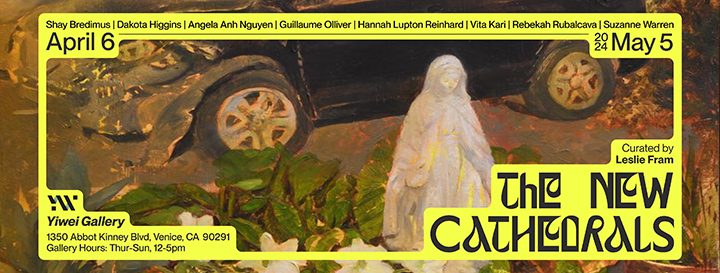



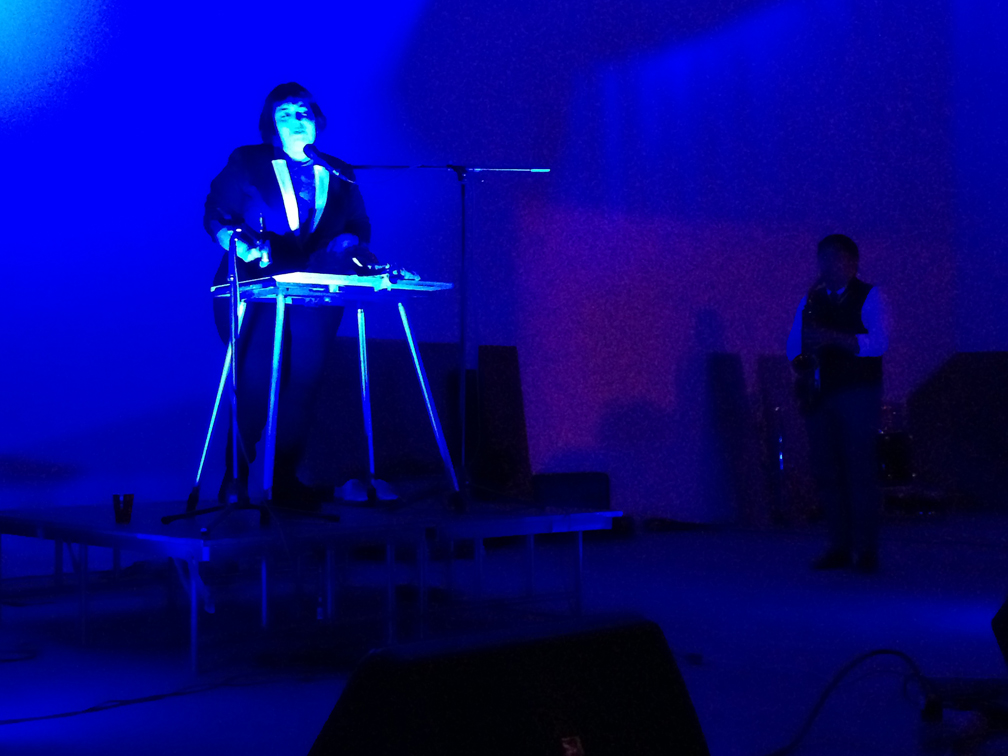
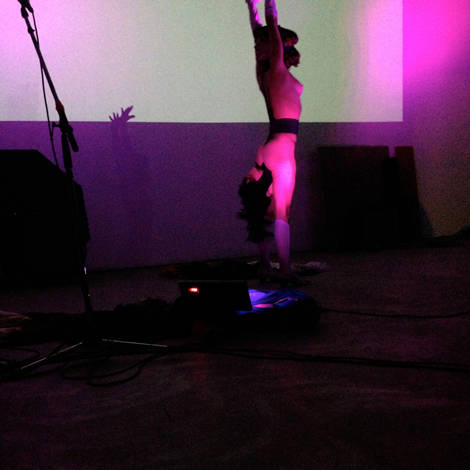
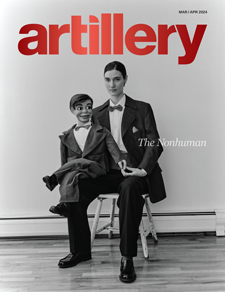


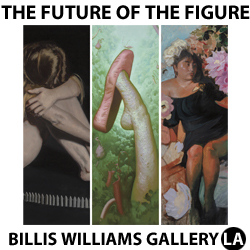


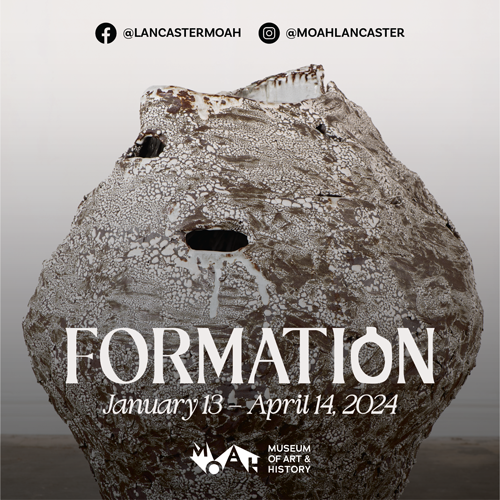


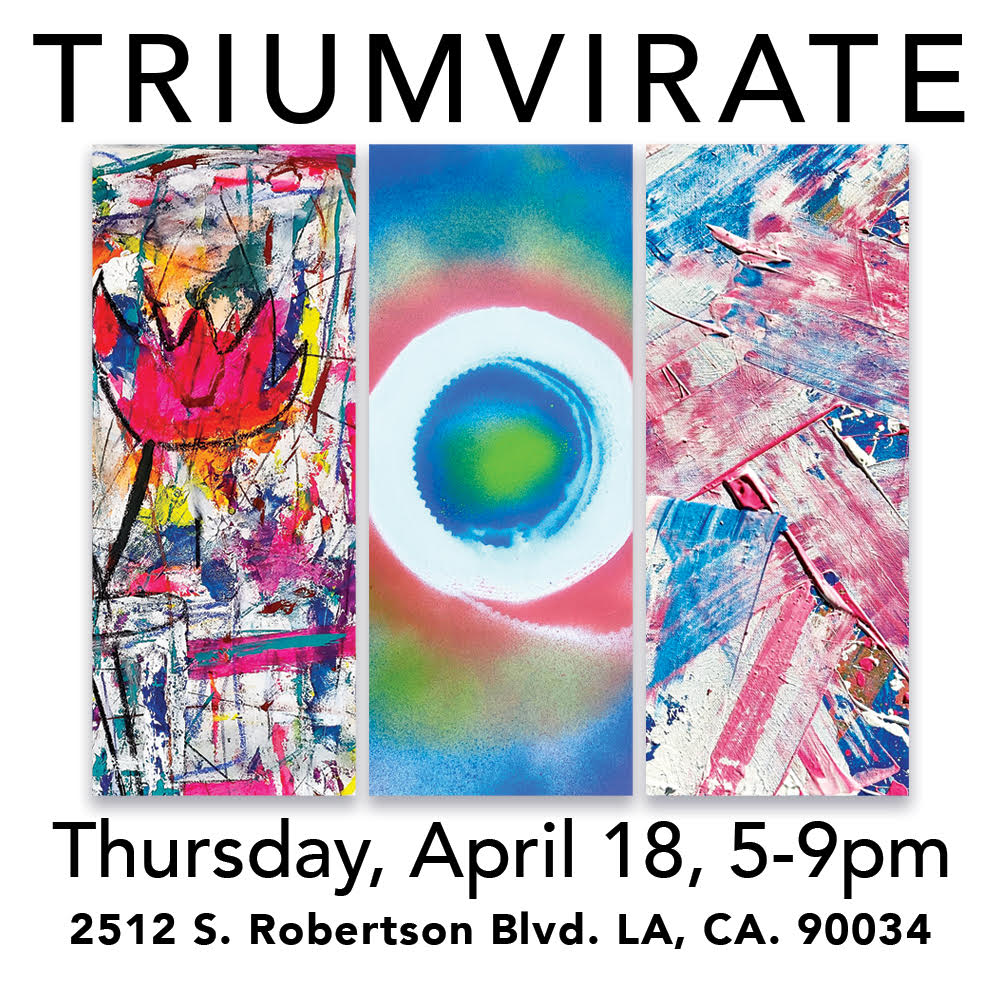
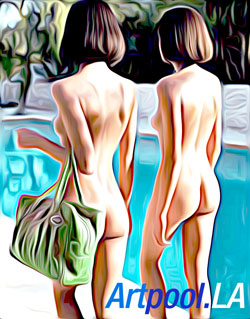

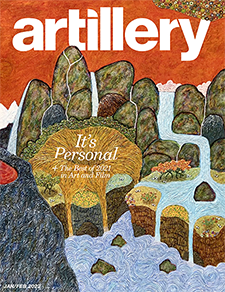
0 Comments